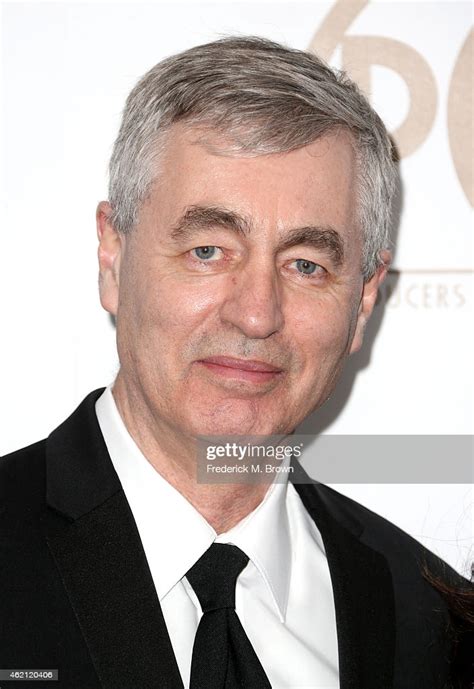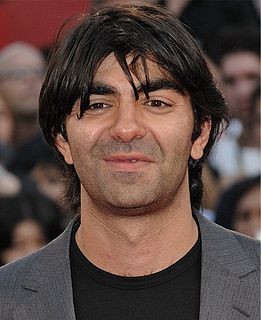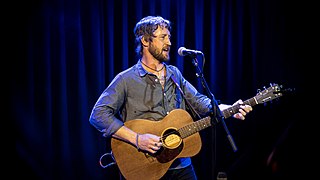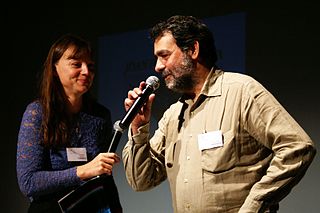Цитата Брюса Джексона
Ключевой факт, который чаще всего упускают из виду социологи, использующие документальные фильмы для сбора данных, заключается в следующем: документальные фильмы не находят и не сообщают о вещах; они сделаны вещи.
Связанные цитаты
Фильмы снимать сложно. Мне, как беженке в Швейцарии, было легче снимать документальные фильмы, потому что мне не нужно было для этого много денег. То, как я рассказываю свою историю или свое мнение, будет очень похоже как в художественной, так и в документальной формах. Но я обнаружил, что могу более эффективно передать эту жестокую реальность через документальный фильм, чем через художественную литературу.
В моих фильмах есть документальный элемент, очень сильный документальный элемент, но под документальным элементом я подразумеваю элемент, который вышел из-под контроля, который я не контролирую. И этот элемент — слова, язык, который люди используют, то, что они говорят в интервью. Они не написаны, не отрепетированы. Это спонтанный, импровизированный материал. Люди

































